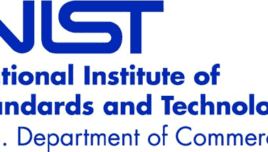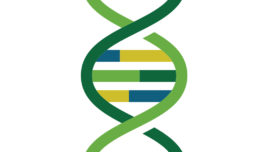Get to Know Michael Bauer, Geneticist and Science Communicator
Posted by Evelyn Mantegani, Manager, Public Engagement, Communications and Marketing, ASHG Michael Bauer, PhD, is a member of the Public Education and Awareness Committee (PEAC) and is an Assistant Professor at the University of Arkansas for Medical Sciences in Little Rock, Arkansas. He is a bioinformatician who specializes in cancer genomics using Next Generation Sequencing... Read More



